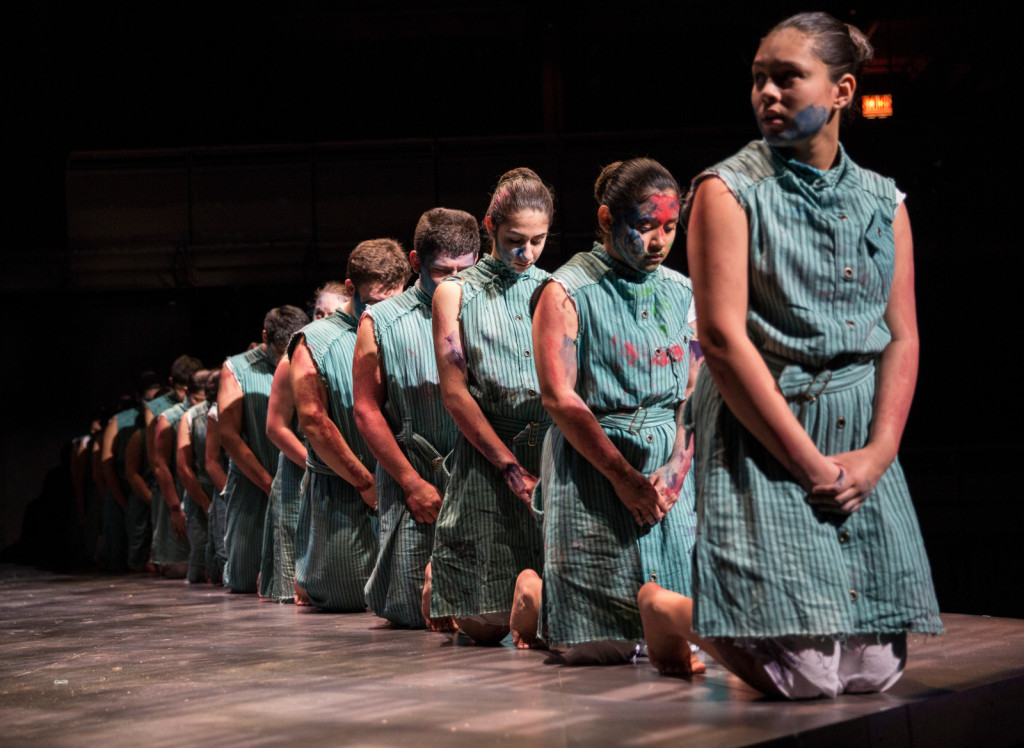Many communities have youth theater organizations, and they all do important work. Kids come away exhilarated; adults charmed. Yet across those programs, there tends to be a certain sameness. They gravitate towards the same licensed Disney adaptations, the same classic storybooks put onstage yet again.
That’s not the case with Albany Park Theater Project (APTP), based in the Chicago neighborhood from which it takes its name. Each APTP production is devised by teens from the community, in collaboration with professional theater artists, and performed by the youth.
Their shows are a long way from High School Musical. The young performers dig into true stories from their lives, inviting audience members to see uncomfortable truths through the eyes of a rising generation.
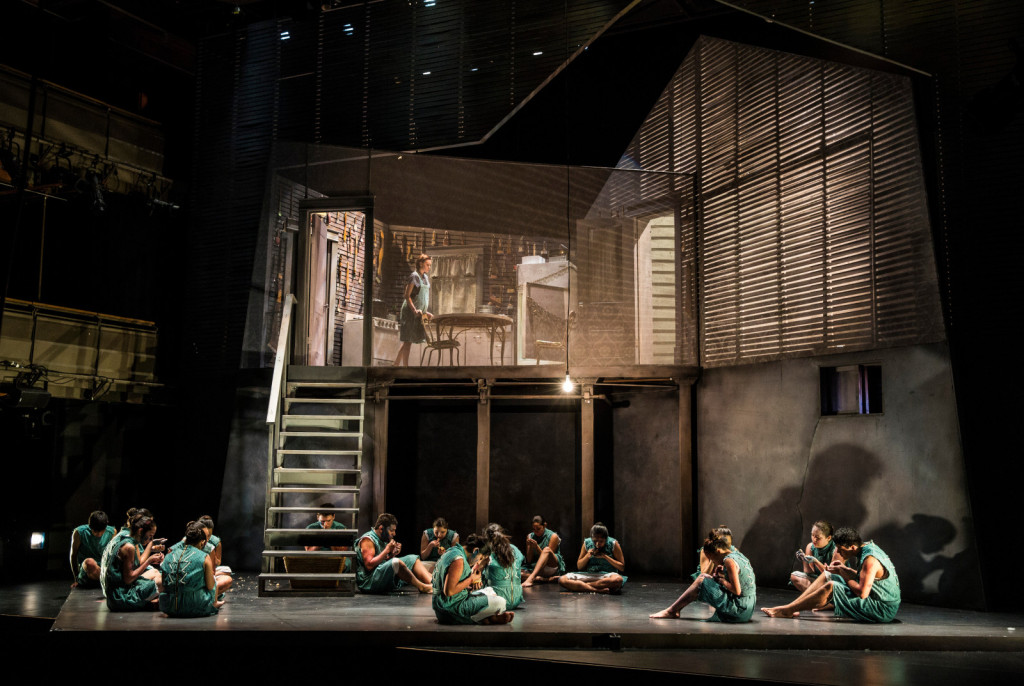
APTP’s shows have included Learning Curve, an immersive production staged inside an actual public high school, depicting students’ struggles with a system that’s failing them. Feast explored family and food culture. God’s Work depicted an abusive father, with paint splashes standing in for instances of harm.
If there was any doubt that this was a group willing to take risks, God’s Work dispelled that doubt. Viewers praised the polish of the production and the quality of the performances, but some admitted to being uneasy at seeing such painful subject matter staged by actual young people.
The productions make a deep impact on their viewers, and even more so on the young artists.
“APTP was an incredibly transformative experience for me,” one alum said years later. “Aside from the lifelong friendships I made, I still carry the values that we built as a community: trust, risk taking, and following your heart and passions no matter how impossible they may seem.”
“If the general theater audience does not expect plays devised by teenagers to possess aesthetic excellence, high production values, and sophisticated storytelling, then the Albany Park Theatre Project defies such expectations,” wrote Dani Snyder-Young in HowlRound.
The company was founded in 1997 by Laura Wiley, who died of ovarian cancer in 2007, and David Feiner. They sought to empower youth from one of the country’s most diverse neighborhoods, providing participants with not only theater training but college counseling.
Over its first quarter-century, the innovative company has attracted significant grant support, and partners like Third Rail Projects and Goodman Theatre. It’s based in Eugene Field Park as an Arts Partner in residence, performing in a theater named to honor Wiley.
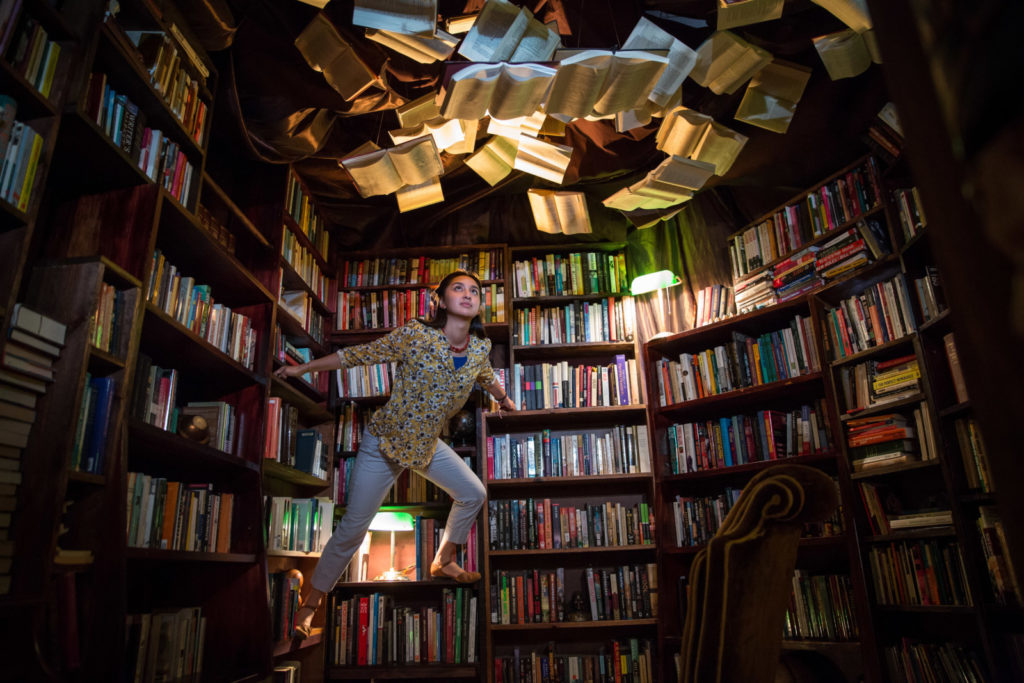
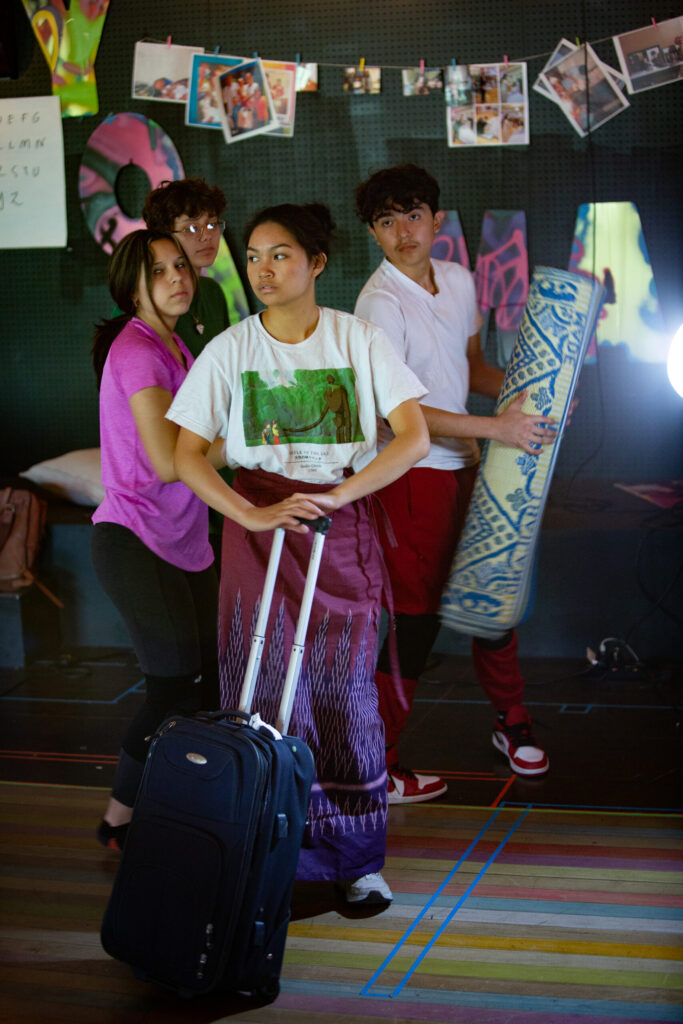
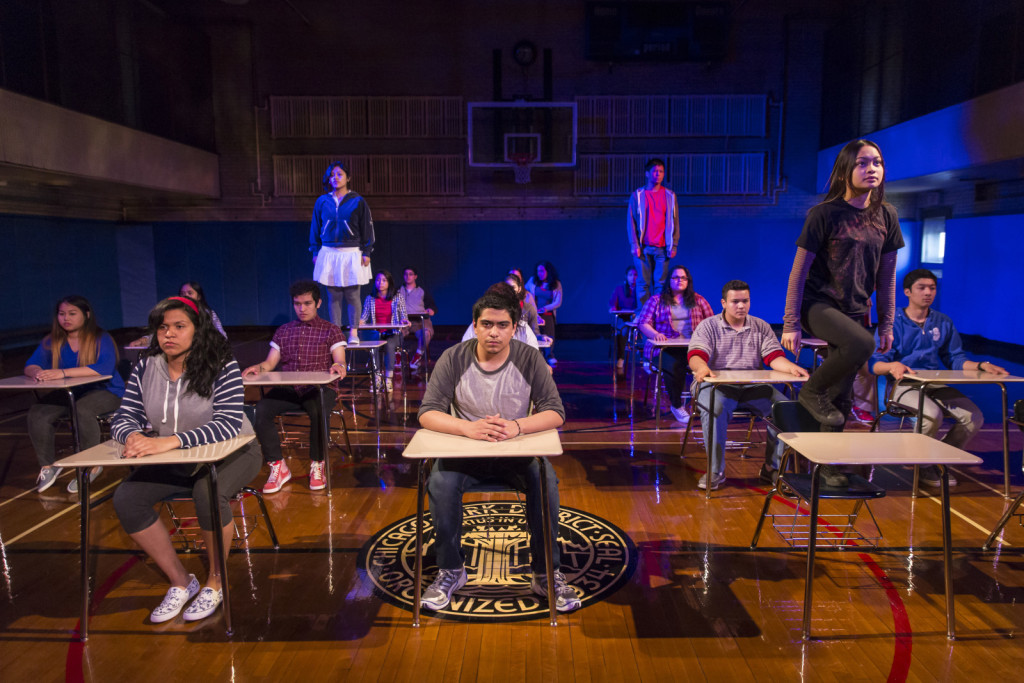
APTP made its Eugene Field Park debut with 2001’s Matches in the Dark, which showcased a range of pieces the organization had developed over its four-year history to date. It became a breakout moment for the project, which has since earned widespread media attention. For summer 2023, the company planned a site-specific world premiere called Port of Entry, exploring the experiences of immigrant and refugee families sharing a single apartment building.
Writing about Matches in the Dark for the Chicago Reader, Kelly Kleiman praised founders Wiley and Feiner, but also the young artists “whose commitment to one another’s stories communicates nothing less than the essence of theatrical truth.”
